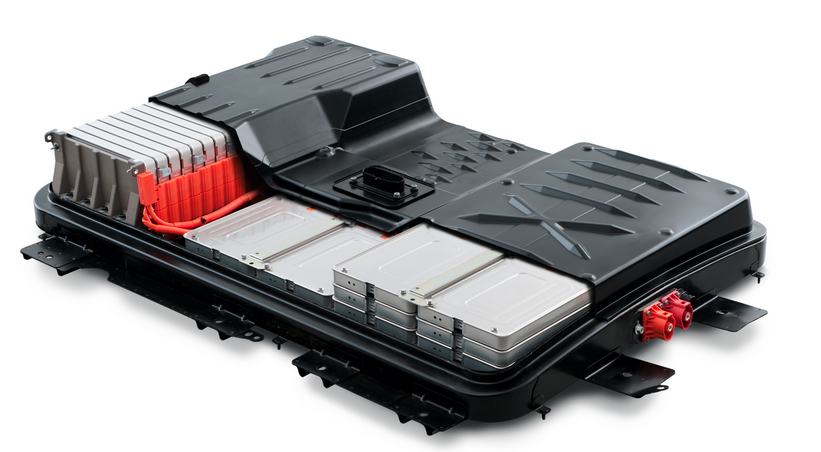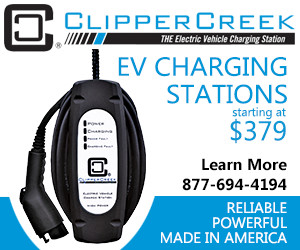Lithium-ion Vehicle Batteries Get Second Life
Nissan and Green Charge Networks, the largest provider of commercial energy storage, have joined forces to deploy second-life lithium-ion vehicle batteries for stationary commercial energy storage in the U.S. and international markets.
With more than 178,000 sales since its launch in late 2010, Nissan LEAF is the world’s top-selling electric vehicle. In a new stationary storage application powered by Green Charge’s software and Power Efficiency Agreement™, the second-life energy storage unit has a cost advantage over traditional units, opening up new markets where incentive programs are currently not offered.
Engineering teams from both companies have worked together for more than a year to ensure safety, reliability and performance of this offering for commercial customers.
The first combined storage unit will be installed at a Nissan facility this summer, where multiple Nissan LEAF batteries will be configured to offset peak electricity demand, creating savings while also benefiting the utility grid. Systems like this also can be paired with renewable energy sources such as wind or solar to further reduce a facility’s environmental footprint and enhance energy savings.
“A lithium-ion battery from a Nissan LEAF still holds a great deal of value as energy storage, even after it is removed from the vehicle, so Nissan expects to be able to reuse a majority of LEAF battery packs in non-automotive applications,” said Brad Smith, director of Nissan’s 4R Energy business in the U.S.
Category: Consumer, Electric Vehicles













